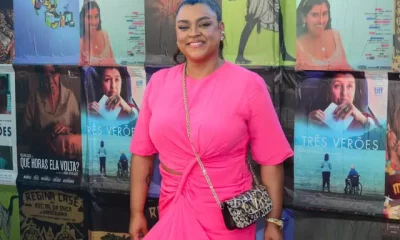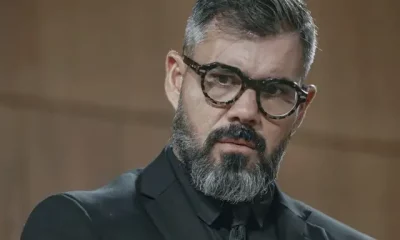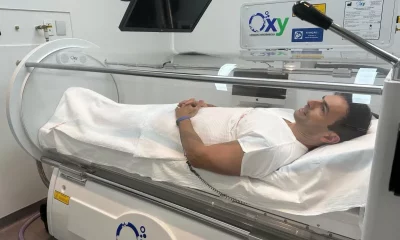Follow Us @
Emotional “co-dependency”
What’s this weird thing that Word points out to me in red, like it doesn’t exist. Yes, it exists. In short, “co-dependency” is finding someone who has more problems than oneself so that they blind our own ill-being.
JOIN US ON WHAATSAPP
I WANT my friend TO CHANGE
I will return to this situation in more concrete terms shortly, but before doing so, I would like to address one of the possible reasons for this obsessive desire to change the other. This symptom of “co-dependency” consists of getting in a relationship with a “problem” person. A drug addict, an alcoholic, a depressive, a violent guy and so on. (Emotional “co-dependency”)
What for? To finally be able to take care of someone who is worse than himself and thus, forget our own misfortunes. In fact, we strive to keep in mind that the patient in the couple is HIM not us. We then put ourselves in the shoes of the victim: “my guy does not deserve me, he spends his life with his bottle of Whisky”. (Emotional “co-dependency”)
Worse, we can even, unconsciously, feed and preserve this disease so that this clearly toxic relationship, acts as a form of drug dedicated to concealing our own anxieties. Which is extremely unhealthy, certainly, but involuntary (fortunately). Haven’t you noticed that we all repeat more or less the same pattern in our romantic relationships? One is always attracted to the lost and depressed guys, the other to the violent guys… Me for example, I always look for protection, security, this paternal side in a man, someone who will take me under his wing (no, there is nothing serious in my case ahah, I grant you).
Anger and perverse effects (Emotional “co-dependency”)
In fact, the higher our anxieties reach a degree of severity, the more we blame our friend who “ruins us-life-as-not-possible”. Finally, the hatred that we feed without our knowledge chains us to our partner. Robin Norwood in These Women Who Love TooMuch, explains: “it’s anger, not love, that keeps people in unhealthy relationships.” On the one hand, it must not heal, to maintain the so-called “balance” of which we are so proud (when in reality, in this case, we are anything but balanced). On the other hand, we have this obsessive desire to heal the other,to change it, so as not to lift the veil on our own pains and especially to maintain our position as victim-dominant in the couple.
Becoming aware of this state is already a big step forward, should we still accept to be helped afterwards. (Emotional “co-dependency”)
There are other forms of “co-dependency”, I thought it was the most interesting in that it affects many more people than it seems.
First reaction from a reader
This article is recent and you are probably one of the very first readers to find it… Be the first to leave a comment, share a review, an idea… to start the discussion:) Leave a comment.
-
Good News TV series2 months ago
Justin Bieber and Hailey go to church using a powerful car
-
News2 months ago
Harry decides to appeal after loss of police protection in the UK
-
Good News TV series2 months ago
Preta Gil is the new presenter of TVZ on Multishow
-
Good News TV series2 months ago
Fuzuê: Pascoal is sentenced to more than 70 years in prison
-
Health and Fitness2 months ago
Hyperbaric Oxygenation accelerates recovery from knee injuries, according to USP study
-
News2 months ago
Viradouro wins the Rio de Janeiro Carnival title in 2024 now news
-
Culture2 months ago
the Sub4 Turismo package that we recommend and we go (on the 42 km)
-
Good News TV series2 months ago
Cris discovers Isis's pregnancy. And now?































